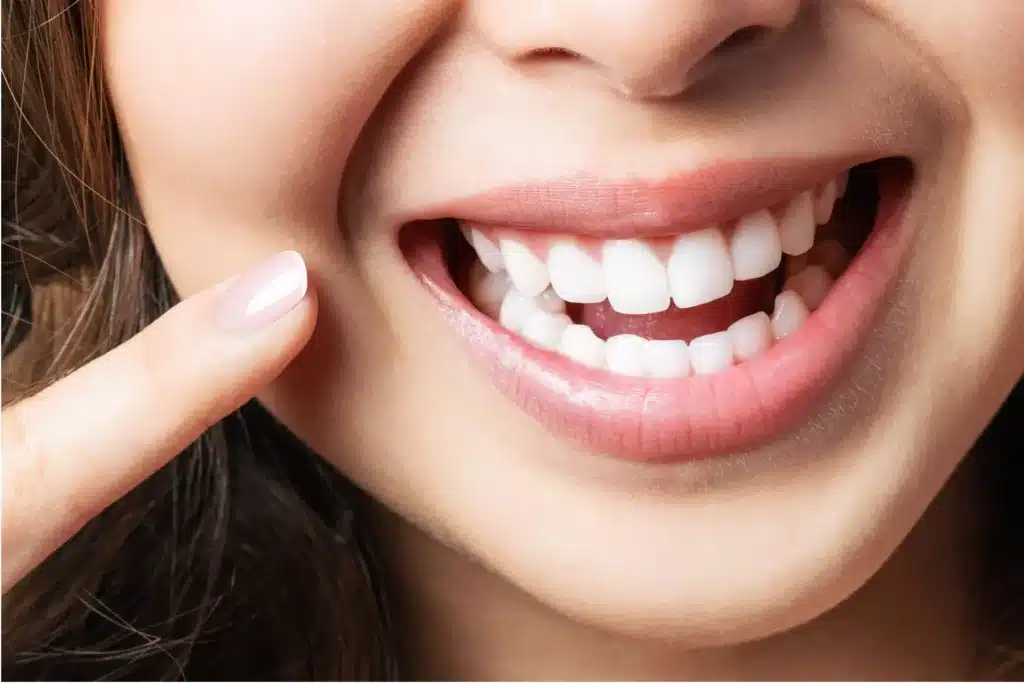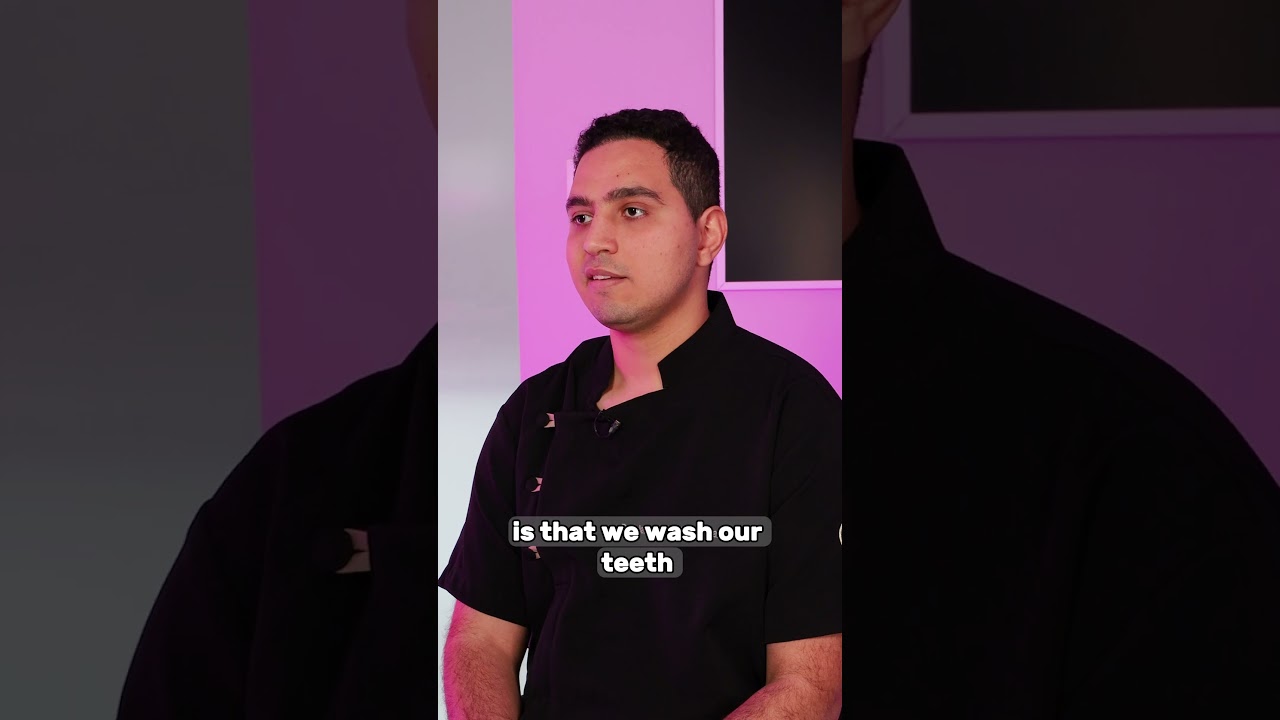Dental Care Routines: Your 2025 Guide to a Healthy Smile

Why Daily Dental Care Routines Matter
Maintaining daily dental care routines is essential not only for a healthy smile but also for your overall well-being. Following a consistent routine helps you remove plaque before it turns into tartar. Tartar buildup increases the risk of cavities, gum disease (gingivitis), and other serious dental problems. Studies show that consistent oral hygiene can reduce your risk of tooth decay and gum disease by up to 50%.
Moreover, good oral health is directly linked to your overall health. Poor oral hygiene allows harmful bacteria to enter your bloodstream, contributing to systemic conditions like heart disease and diabetes. Incorporating proper dental care habits can protect your whole body and significantly improve your quality of life.
Core Steps of an Effective Routine
Brushing the Right Way
Brushing your teeth at least twice a day, once in the morning and once before bed, is one of the most important steps in an effective oral care routine. Use a soft-bristled toothbrush and brush at a 45° angle to your gum line. Gentle circular strokes ensure that you remove plaque from both your teeth and gums. Make sure you replace your toothbrush or brush head every 3 months to maintain its effectiveness. This will help keep your toothbrush from wearing out and losing its cleaning power.
Cleaning Between Teeth
Flossing is an essential part of your routine that removes food particles and bacteria where a toothbrush cannot reach. It is important to floss between every tooth, including the back ones, to prevent plaque buildup. Gently slide the floss between each tooth and curve it around the tooth’s surface for an effective clean. If flossing is difficult, consider using interdental brushes or a water flosser as alternatives to reach those tough spots.
Rinsing Effectively
Using mouthwash can be an additional step in your dental routine to help kill bacteria and freshen your breath. Opt for an alcohol-free mouthwash containing antiseptic agents like chlorhexidine or essential oils. This helps reduce bacteria buildup and ensures that your mouth stays clean, even in areas where your toothbrush and floss can’t reach. Regular rinsing with mouthwash helps maintain fresh breath and a healthier mouth overall.
Nutrition & Lifestyle Tips for Better Oral Health
Your diet plays a significant role in maintaining healthy teeth. Eating crunchy fruits and vegetables such as apples, carrots, and celery can naturally scrub your teeth and stimulate saliva production, which helps neutralize acids and prevent tooth decay. Avoid sugary and acidic foods that can erode enamel and contribute to cavities.
In addition to eating well, staying hydrated is essential for good oral health. Drinking plenty of water throughout the day helps wash away food particles and bacteria in the mouth, keeping your teeth and gums healthy.
Professional Preventive Dentistry
Regular checkups and professional cleanings are crucial for maintaining long-term oral health. A dentist can spot early signs of tooth decay, gum disease, and other dental problems before they become more serious. These visits provide an opportunity for your dentist to offer personalized oral hygiene tips tailored to your specific needs. Early intervention can save you from more extensive and costly treatments down the road.
Conclusion
By following these simple yet effective steps, you can ensure that your dental care routine is comprehensive and efficient. Whether it’s brushing, flossing, or visiting your dentist, taking good care of your teeth every day is the key to a healthy, radiant smile. Incorporating proper dental hygiene tips into your daily routine not only improves the health of your teeth but also enhances your overall well-being.
Learn more about preventive dentistry at Mayo Clinic
Oral Hygiene Tips for Kids
Teaching kids the importance of dental care at an early age helps set them up for a lifetime of healthy teeth. Ensure that children brush their teeth at least twice a day, using a small, soft-bristled toothbrush. For younger kids, fluoride toothpaste is recommended to prevent cavities. Parents should supervise brushing until the child can do it properly on their own, typically around age 7.
Flossing should also be a part of their routine as soon as they have two teeth that touch. Flossing between those baby teeth helps to prevent cavities and gum disease. Additionally, make visits to the dentist part of their regular routine to catch any dental issues early on.

